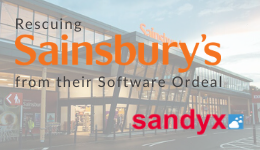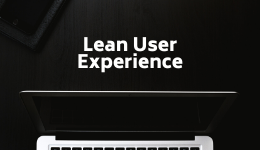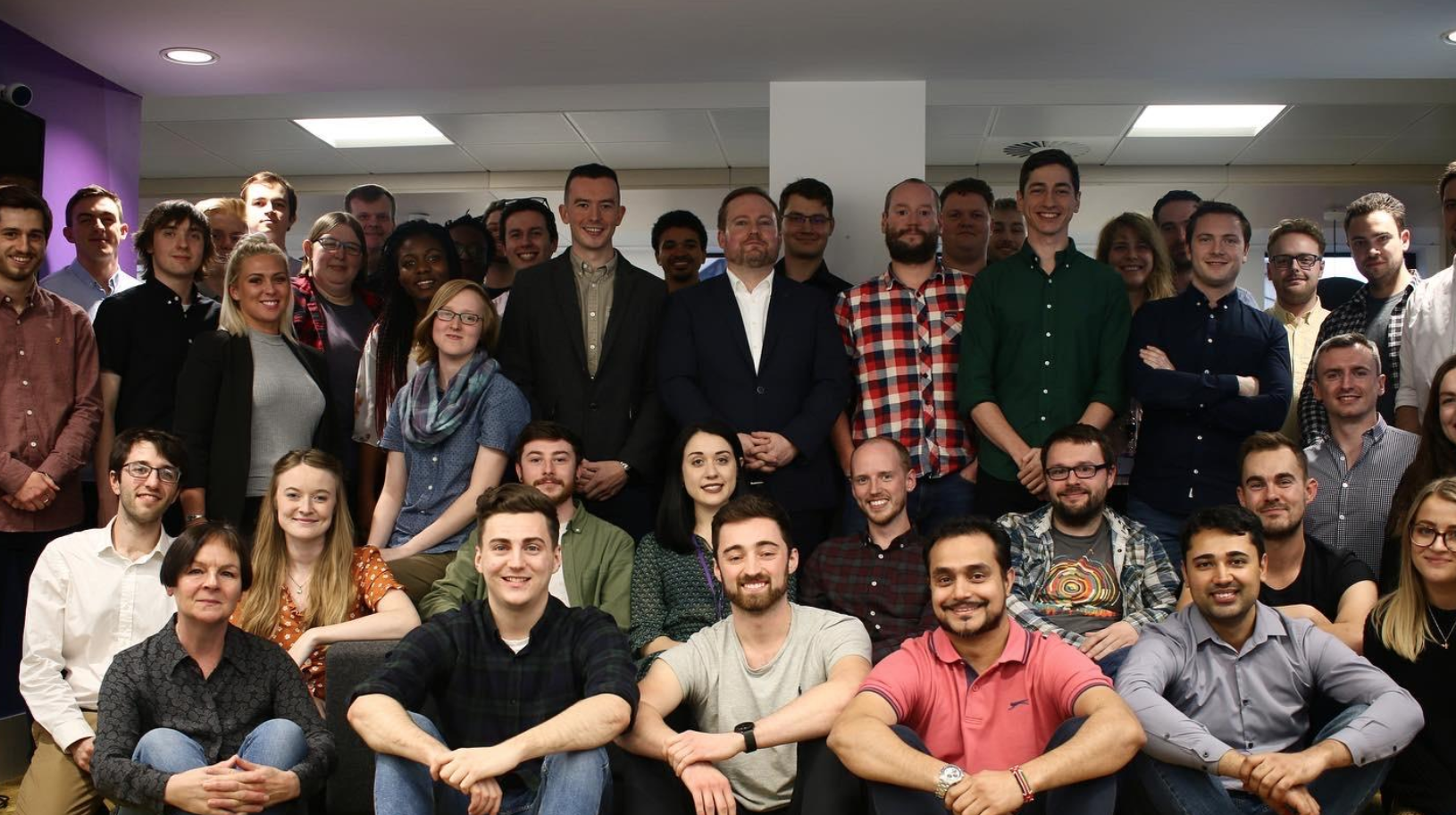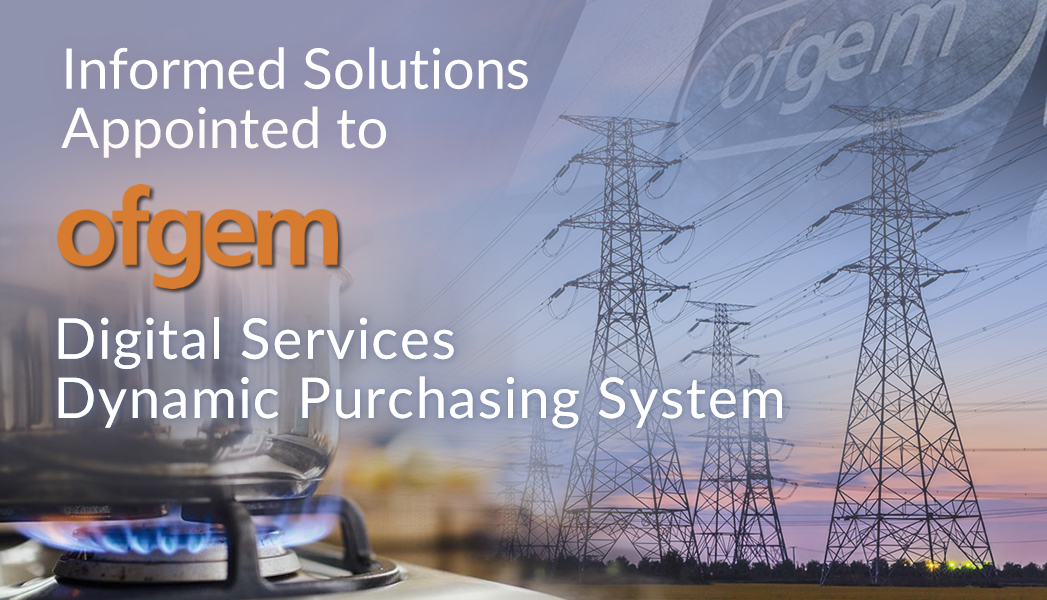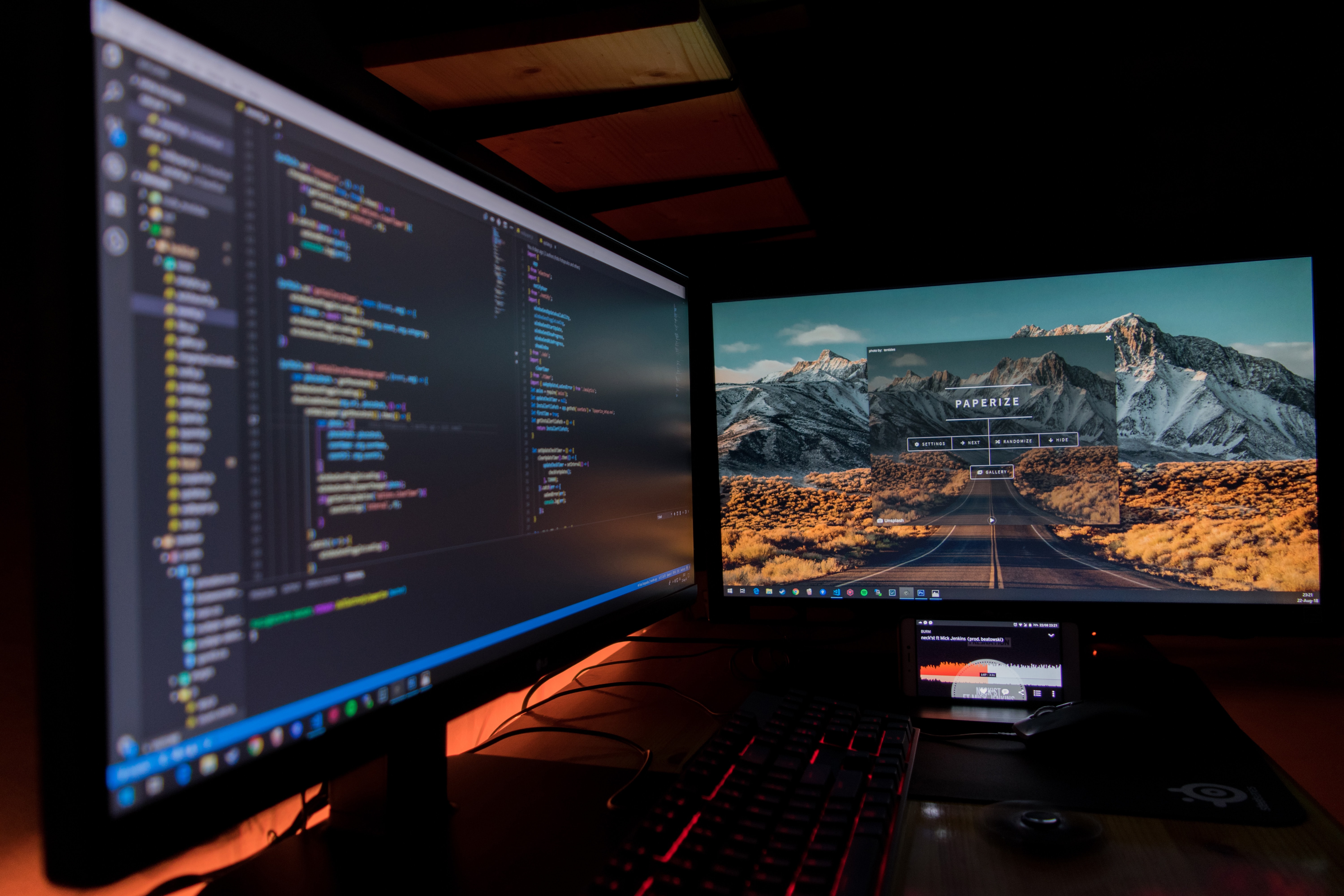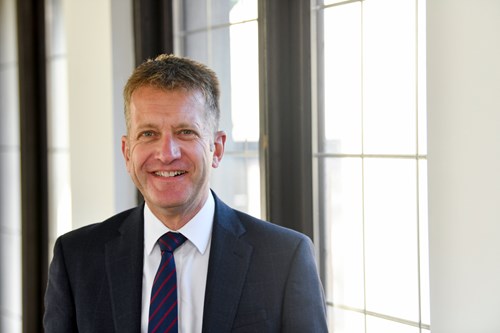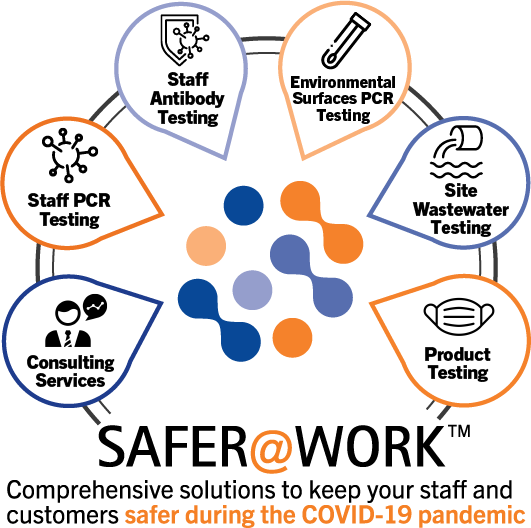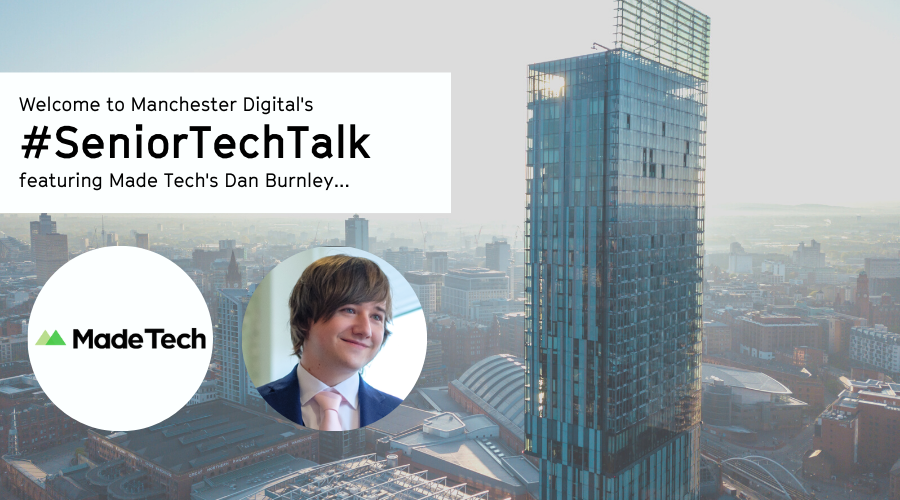
Made Tech provide digital, data and technology services to the public sector, specialising in modernising legacy applications and working practices, accelerating digital service delivery and improving technology skills across organisations.
Joining us for our latest #SeniorTechTalk is Senior Engineer Dan Burnley, as we discuss the challenge of working in the public sector, some of the fantastic projects he’s worked on during the COVID-19 pandemic and Made Tech Academy - of which he is a past graduate.
Could you please tell us a little bit about Made Tech as an organisation and your goals as a business?
Made Tech was founded back in 2012, and we started off originally wanting to help improve technology delivery in general. But in more recent years, probably about three years ago or so, we started to focus on the public sector, because there's a lot of interesting challenges in the public sector and there's lots of ways to help improve it.
We want to help improve the tech delivery within the public sector and make everything easier for people's lives. As everyone starts to use more and more technology to help interactions with government, we want to help modernise the technology within there and help them deliver a lot better.
There's a lot of legacy within the public sector, so we’ve really focused on being able to help with that and see it as a way to improve society through better digital delivery.
And could you explain your role within the company?
Yes, so I'm a Senior Engineer. A lot of my work involves consulting, so helping our clients to deliver technical things. So that can be a mixture depending on what's needed. Sometimes it's helping them actually just do technical delivery, where we join the team and help them improve through delivering software. So that can be joining an existing team within a public sector department or bringing in technical expertise on that.
And sometimes it’s about upskilling. So what we quite like to do is help improve the capabilities that the department's already got. So as there are some developers in the civil service in some departments, but they're still quite new in some cases, so we like to make sure that we don't come in and build a thing that isn't easily maintained, but we want to also upskill the civil service and help them be able to deliver things by themselves. So sometimes my role can involve some of that as well.
Most of my day-to-day is helping to deliver services and upskill people as we go.
Brilliant. So, what the process looks like when a public sector organisation engages you guys to support them with a project, such as updating a legacy app or looking at their working practices?
Certainly, so from a legacy app perspective, it depends what type of legacy app it is. There’s sometimes existing software, so it’s just working to improve that by understanding what it’s doing, what its user needs are etc.
But more often than not, it's an existing process using some legacy tech so there’s quite a bit more involved then. So we'll go through the stages of the GDS ways of delivering, which would start by us trying to understand what the problem is, which may be done before we join, so a sort of discovery phase: understanding what the problem is and more importantly, what the user needs are. In a process that exists there is the needs of the users who interact with that, and also sometimes the needs of a department as well. For instance it could be an internal process where external users are involved so you need to understand what the full process is and what the actual needs are.
It's very easy to go in and just map an existing process on to a digital service and bring in all of the problems. So we'll work to actually dig in and help to understand what the needs are, because then you can actually build a service that meets those needs rather than one that is just doing what you did before but instead of using bits of paper and Word documents, you're just using an online form for example, which isn't necessarily solving the problem sometimes.
And then from there, we'll start by picking a minimum viable product. So by that I mean picking out what’s the smallest thing that can start delivering value to a set of users. Sometimes that’s really easy to do, but it can be a bit more complicated to dive into the nitty gritty of a process and really understand where users are really struggling at the moment that we can deliver value.
We want to deliver it iteratively and then improve it as we go. So we do continual user research as we go through, making sure the thing we've built actually meets the users’ needs, using prototyping and then building it and delivering it to users and getting continual feedback. So, trying to make sure that people are using it as soon as they can. And as soon as it delivers value.
Are there challenges you face that arise from working in the public sector, and how do you go about overcoming these?
I think that the public sector is interesting, as you’re building software that is public facing so you're building software for everyone. It’s not like in the private sector, where you can build things for your target customer, usually and say for instance, “well this type of customer only accounts for 3% so it’s not worth building the software for them”.
But in the public sector, you've got to build software for everyone and that means someone with a nice modern PC all the way down to someone who has to use a computer in a library, or even for someone who may not be able to use a computer at all and you need to start considering assisted digital solutions. I think that's a really interesting problem and very important to keep in mind and solve.
It definitely makes things interesting even from a tech choices point of view. You can’t use a flashy, modern thing without also considering what the impacts might be on people who don’t have access to a modern computer.
It also factors in accessibility, and we’ve got to build services for everyone. A lot of that can be making sure everything down to the design is accessible to everyone. There’s a lot of good work done at GDS to help us build those things. But there’s still a lot of work to be done as well.
Could you tell us about some of the work that you’ve done since the outbreak of the COVID pandemic?
Yes, so there’s a couple of big things that we’ve done. Firstly, I worked on delivering a virtual visit service for the NHS, whereby a trust in London reached out on Twitter asking if anyone could build a service that would allow people to have remote visits with patients because obviously with COVID, especially at the start, nobody was allowed to visit their loved ones in hospital.
Now obviously there are lots of people in hospital for all kinds of reasons, and to not even be able to talk to your loved ones was tough. Hospital staff were often having to try and organise visits or bring a phone to someone and deal with all of that. Plus on top of that, for a variety of reasons, hospital Wi-Fi is typically not very good at all.
So we ended up building a service for use on iPads in hospitals, so that people could easily talk to each other using the government design standards and it being free. So this had none of the weirdness you'd get with other “free” Wi-Fi services, were actually they’re taking the data of individuals who signed up to it and selling it for advertising purposes.
We ended up being quite successful in a few hospitals with that, and managed to help people talk to their loved ones within a couple of weeks of starting the project. We had COVID positive mums being able to see their newborn babies for the first time, which was quite nice.
And then the other thing I worked on, which was for the Department for Education, was the get help with remote education service, which was a service designed to help teachers find all of the resources for support with their pupils’ education.
So these were previously a bit scattered, for instance what support is available to me as a teacher, what should I be doing, what are my statutory obligations etc. We worked on a service that put all of that into one place.
It was quite a simple service, deliberately so, as to make it a lot easier to find all of these things in one place rather than teachers having to navigate a bunch of different government sites but rather have them all in one place.
It must be extremely rewarding to see these sort of projects come to life and make a real difference to people. Made Tech have been on a big recruitment drive recently here in Manchester. Could you tell us if there’s anything you do in particular to attract and retain talent?
I think one of the biggest things is, as you say, make a real difference within the public sector, and it can be very fulfilling to be able to join projects and do those things.
And I think internally as well, we've got a lot of good things going on and we like to work to continuously improve as well. Externally, our handbook is open source so anyone can go and have a look at it, and we like to be as transparent as we can with that. It's on GitHub, anyone can go and look at it.
We've got some really good benefits as well that we offer our team around being able to balance home and work life, which has been really useful obviously in the last year. It’s been great to have things like flexible holiday and being able to take off as much time as you need.
When it comes to retaining people, we do a lot continuous improvement. So we try to build a good feedback culture, so not just having a yearly review where someone is going to give you feedback, which is never a fun experience. But instead we’ve built in continuous feedback, so being able to reach out to people and give feedback or ask for feedback as well that relate to positive ways you could do things better or highlight things that you did well. I think one thing that is quite nice is this idea of positive feedback, as feedback can be seen by some people as something that is inherently negative. But actually, it can be a good thing!
This feeds into line management as well, whereby line management here is more like mentoring than management. There can sometimes be very odd relationships with line managers, but we work to try and make sure everybody has a good relationship.
Finally, could you tell us a bit about the Made Tech Academy and how that works?
So I actually joined Made Tech through the very first academy intake, back in 2017, and have helped shaped it since.
It's essentially a 12 weeks training course, but it’s a paid position and you join Made Tech as an Academy Engineer. You’ll go through that and learn a lot of things, such as how we build software in the public sector, how consulting projects can work, how to deliver software in general, as well as cultural things such as how to give feedback.
It's open to anyone who has coding experience, and we deliberately don't require things like degrees or college courses in computer science or any professional experience because there's a lot of intro jobs in the tech industry which require those things and they're not great for diversity and inclusion. If you want to work towards diversity and inclusion, then you have to start working to tear down some of those barriers. And we've never found that requiring a degree or anything really benefits you if you’re hiring at an introductory level. We’ve had a lot of great success at bringing people in and then providing that training.
I'm biassed, obviously as I went through it, but it has been pretty successful. We learned a lot from the first couple iterations as well, with things not going particularly great in some areas and have worked to continuously improve it all the time, so we make sure that all the employees who have come through the Academy help contribute to make it better for the next people.
I think all of the Academy people I've worked with have been very good, and generally when someone from the Academy joins work everyone is very taken aback by quite how skilled they are. It’s really important when you have a bunch of people building software that they have diverse backgrounds, particularly in the public sector as you’re building for everyone so you want to make sure that people from different backgrounds are represented.
I think that’s where it’s been most successful, it’s nice to not just have people with Computer Science degrees as it means everybody solves things in different ways.
Thank you Dan!
To find out more about Made Tech, click here.
Want to raise your company's profile?
If your company would like to feature on our website, across our social media and in our newsletter, contact thom@manchesterdigital.com for more information.
